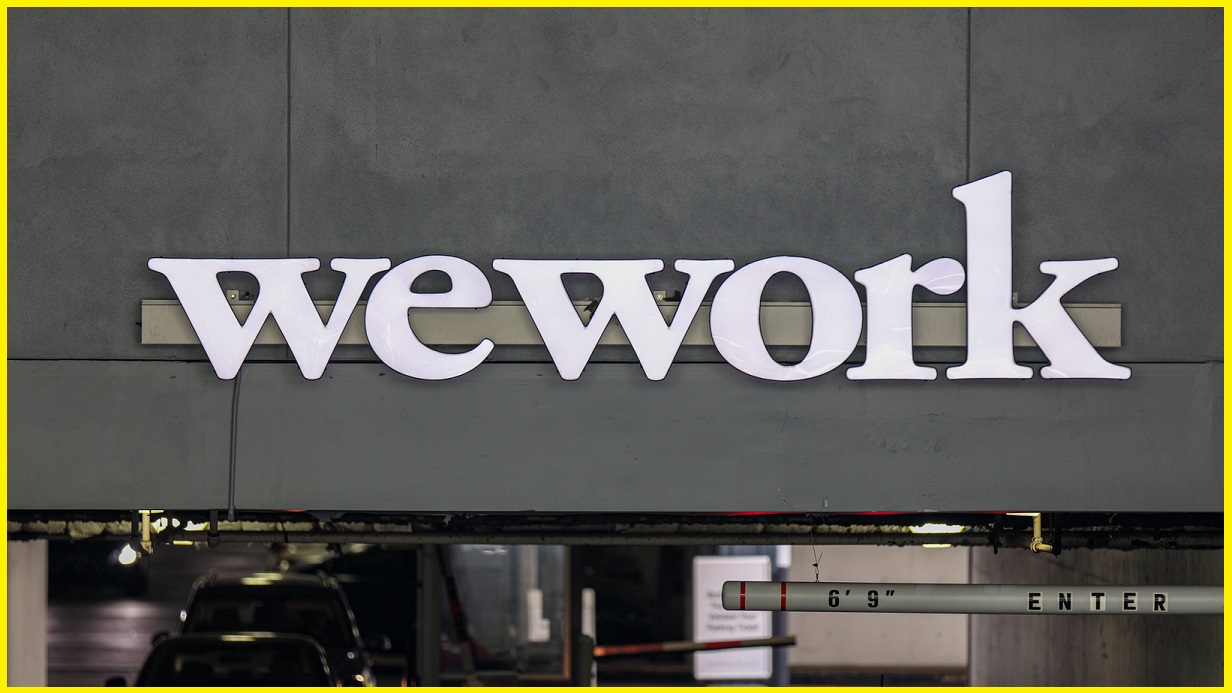The VC giant that now owns most of WeWork thinks there is a “simple formula” to fix the troubled start-up, despite taking a $6.7 billion hit on the investment.
Japanese investment firm Softbank, the world’s largest investor in tech with the $US100 billion Vision Fund, provided a $US9.5 billion rescue package to WeWork after the co-working space company was on the verge of running out of cash following a failed public offering attempt.
Softbank had already invested about $US10 billion in WeWork. It posted its financial details last week, revealing its first quarterly loss in 14 years, with the company taking a $US4.6 billion hit from its investment in WeWork, and was also forced to write down investment in Uber.
Addressing investors in Tokyo last week, Softbank Group chief executive Masayoshi Son admitted he had made a mistake with WeWork.
“In the case of WeWork, I made a mistake,” Son said. “I won’t make any excuses. It was a very harsh lesson.”
WeWork was valued at $US47 billion at the start of the year, but Softbank now values the company at $US7.8 billion. The start-up had been approaching its IPO, the most anticipated public listing of the year, and released financial documents in September.
But the filing quickly sparked concerns about WeWork’s financials, its corporate governance and the culture instilled by its founder and figurehead Adam Neumann. The filing revealed that WeWork lost nearly $US2 billion in the last financial year, and that Neumann had been leasing his own buildings to the company and paid himself for naming rights when it was renamed The We Group.
Softbank continued to back WeWork despite the controversies, investing $US10.5 billion in the lead up to the public offering.
Scrutiny on his role led to Neumann resigning from the company but retaining his position on the board, with the IPO eventually indefinitely postponed. With the company reportedly on the verge of running out of cash, WeWork provided a $US9.5 billion rescue package which handed it 80 percent of the company and gave Neumann $US1.7 billion to leave the business entirely.
Son also admitted that he had misjudged Neumann and turned a “blind eye” to many of the issues surrounding him.
“I overestimated Adam’s good side,” he said. “His negative side, in many cases, I turned a blind eye, especially when it comes to governance. There was a problem with my own judgement. That’s something I have to reflect on.”
But Son denied that the funding recently provided to WeWork was a “rescue”, instead angling it as an opportunity to pick up discounted shares in WeWork.
Softbank also provided its “simple” plan to get WeWork back on track, along with some comically simple graphs showing arrows rapidly going up with little added detail.
The plan is for WeWork to stop building offices for the next three or four years, as these projects require significant upfront investments. There will also be cost cutting and the termination of side businesses that aren’t profitable, either by selling them off or closing them entirely.










